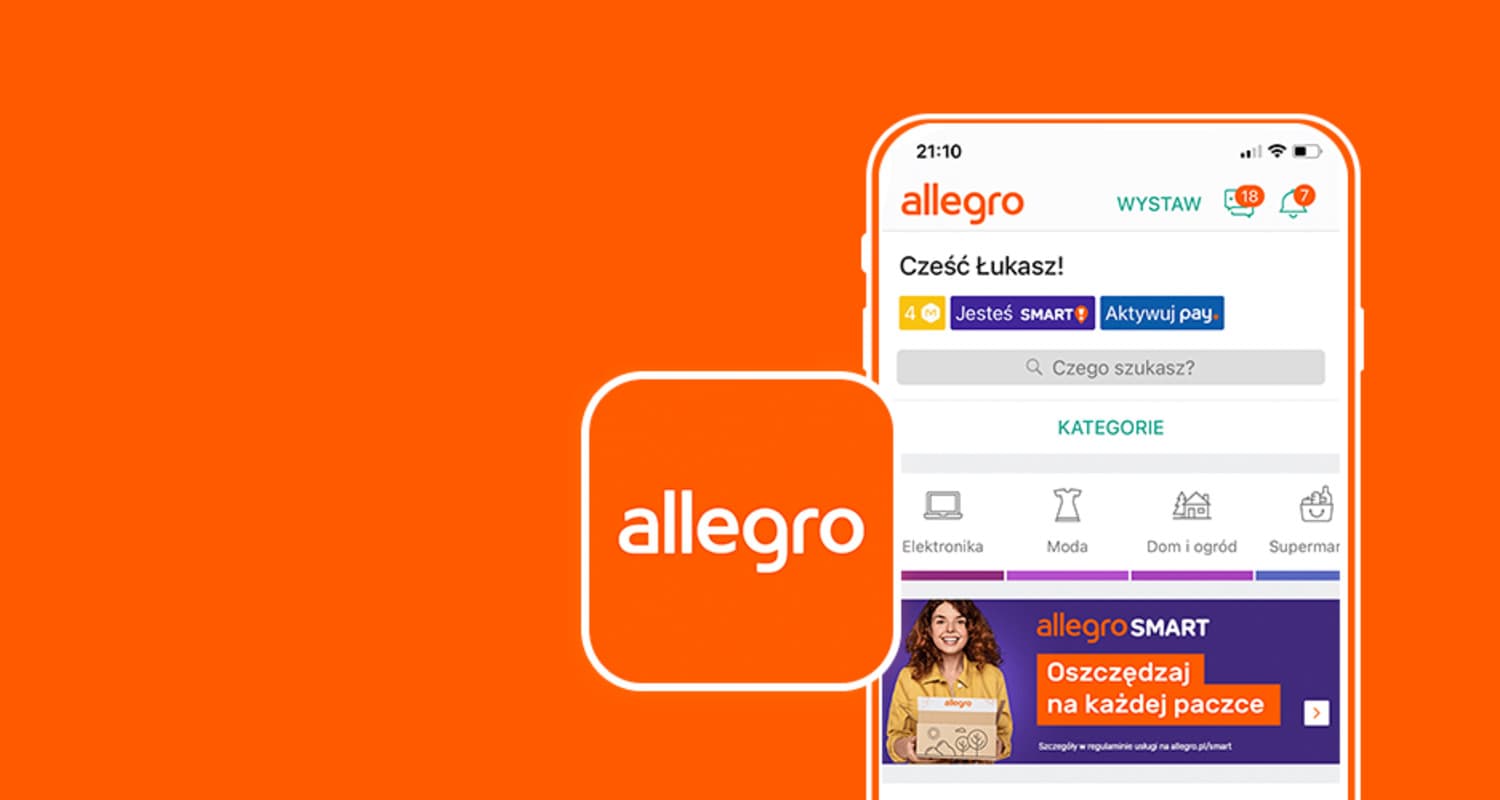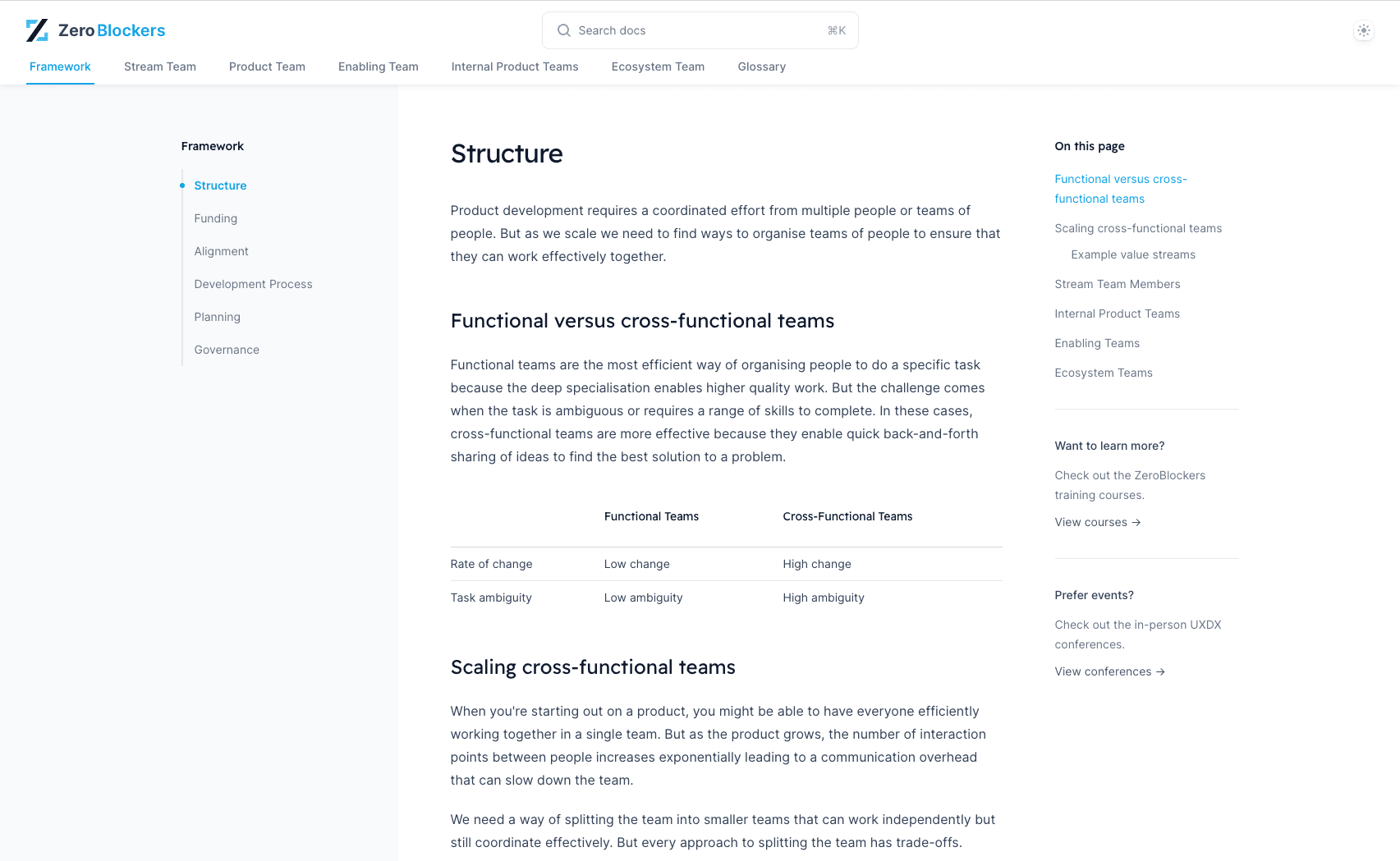Case StudyEcosystem Team: Enabling Teams - Scaling Research Impact at Allegro
Allegro, one of Europe's largest online marketplaces, faced significant challenges in managing and optimizing their UX research processes. With over 130 UX design and research experts conducting over 100 research projects each quarter, the lack of a structured research operations framework led to inefficiencies, inconsistent research quality, and difficulties in disseminating research findings across the organization. This resulted in missed opportunities for leveraging user insights to inform product design and strategy.

The Solution
Allegro implemented a comprehensive research operations (research ops) framework. This approach was designed to streamline research processes, improve research quality, and enhance the visibility and impact of research findings throughout the organization. The implementation focused on four key areas: people, processes and tools, knowledge sharing, and research evangelization.
- Focusing on People: Allegro emphasized the importance of team composition, role definition, and building a strong brand for UX researchers. This involved creating a supportive environment for researchers, providing opportunities for self-development, and inspiring team members to excel in their roles.
- Optimizing Processes and Tools: Developing and optimizing research processes was critical. This included synchronizing research activities with the needs of product team members and ensuring research was involved at every stage of the design process. Providing the right tools to facilitate smooth research operations was also a key focus.
- Enhancing Knowledge Sharing: To ensure research findings were effectively distributed across the organization, Allegro established knowledge bases, repositories, and other resources. This made it easier for team members to access and utilize research insights, supporting better-informed decision-making.
- Promoting Research Evangelization: Allegro worked to engage the broader organization in research activities by providing guidance, tools, and education. This included encouraging non-research team members to participate in research and making the value of research clear to all stakeholders.
Outcomes achieved
The robust research ops framework at Allegro led to several significant improvements:
- Increased Research Efficiency: By optimizing processes and providing the right tools, Allegro significantly improved the efficiency of their research operations. This allowed researchers to focus more on conducting high-quality research and less on administrative tasks.
- Enhanced Research Quality: Comprehensive training and development opportunities for researchers ensured that research was conducted to high standards, reducing biases and improving the reliability of insights.
- Improved Knowledge Distribution: Establishing knowledge bases and repositories made research findings more accessible and actionable across the organization. This facilitated better integration of user insights into product design and strategy.
- Stronger Research Culture: Promoting research evangelization and building a strong brand for UX researchers helped create a culture that valued and leveraged research. This increased engagement in research activities and underscored the importance of user insights in decision-making.
- Effective Resource Allocation: By focusing on key performance indicators (KPIs) such as response rates, budget optimization, and employee satisfaction, Allegro ensured resources were allocated effectively, maximizing the impact of their research efforts.
